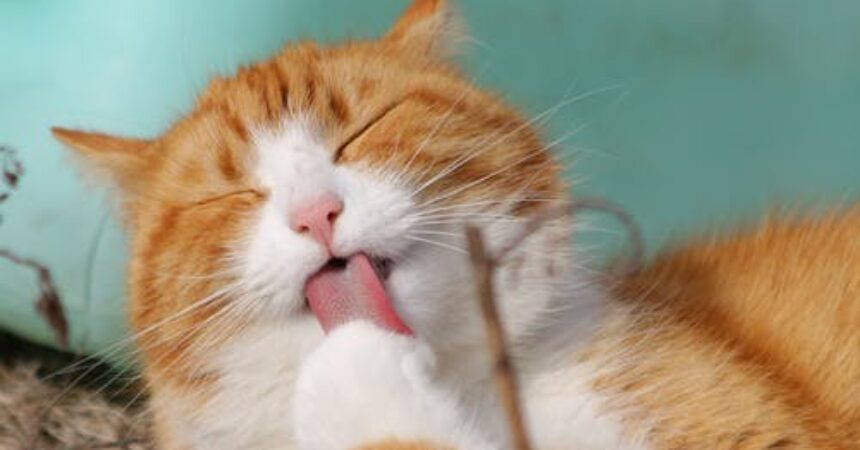Cats age in various ways depending on their breed, level of activity, and diet; however, generally, they begin their senior years at around 8. As your cat ages, its health can drastically decline. Most of the time, these changes go unnoticed. When they are in the beginning stages of illness or pain, cats are more likely to hide the signs of discomfort.
The illness will have progressed rapidly when owners notice their cat has been acting oddly. Let your aging cat enjoy an entire life of good health by conducting regular annual examinations, preventive blood tests, and senior nutrition guidance. Thus, it is vital to know the various cat illnesses and the specific signs to be on the lookout for.
The Top Illnesses of Geriatric Feline
If you’ve got a pet cat, you’re aware of how shy cat owners can become. They can be happy and fun one moment and then be withdrawn the next. Like humans, cats suffer from physical problems as they get older. Learn about the most prevalent issues that senior cats suffer from by continuing to read this article.
1. End-Stage Renal Disease
The most common CKD5 condition is feline kidney disease. It is caused by decreasing kidney (renal) function with time. The accumulation of waste products in the circulation of your cat’s blood without enough filtration can lead to fatigue, weight loss, vomiting, and a lack of appetite.
They might drink more fluids and urinate in more significant quantities. High blood pressure is a different consequence resulting from CKD5 (hypertension). Although kidney function loss can’t be restored, early detection can aid in developing a healthy diet and treatment program to slow down the progression of the disease. Take a look at this vet clinic, and know about the services that they offer.
2. Cardiovascular Disease
Cats suffering from heart issues (cardiomyopathy) typically do not have obvious signs. The subtle changes in their behavior, such as lethargy or weight loss, could cause pet owners to be aware of an issue; however, an extensive physical exam and diagnostic testing is the most effective method to identify the presence of heart problems in felines before it becomes a problem.
When your veterinarian listens to your cat’s chest using the stethoscope, they will look for any indication that shows your cat is sick. These include an abnormal or irregular heartbeat and fluid accumulation or congestion in the lungs, as well as murmurs. The most important thing to do when it seems that your pet has an illness is going for a cat checkup.
3. Diabetes
Diabetes mellitus is a chronic metabolic disease that develops when the pancreas fails to produce insulin or when your cat’s body cannot utilize insulin effectively to control the levels of blood glucose (“blood sugar”).
Alongside weight loss, most diabetic cats exhibit an unusual increase in the amount of water consumed, food intake, and urine. The condition can lead to ketoacidosis, liver damage (a life-threatening disease), and secondary infection with bacteria.
4. Arthritis
It might be surprising that arthritis is a common occurrence in cats. The signs are usually ignored, with blame being placed upon “growing old.” Stiff joints, more napping, and a decrease in desire to chase the catnip mouse could all indicate that your cat senior is suffering from too much discomfort to keep moving.
A few people might notice that your cat is no longer jumping onto the windowsill she loves or sits on the floor, waiting to be snatched up and put in the beds. Changes in your cat’s behavior are gradual and subtle; however, they can reveal some of the ways they feel.
5. Hyperthyroidism
It’s a condition in which thyroid glands produce excessive thyroid hormones, which can increase the metabolism of your cat and can cause a variety of issues. If thyroid disease isn’t treated, the constant high heart rate could cause severe heart damage. Hypertension can develop, destroying vital organs like kidneys, eyes, the heart, and the brain.
The increased metabolic rate boosts the burning of calories. Therefore, pet owners who experience weight loss despite an intense appetite will often take their pets to the vet to be evaluated. To gain more information about geriatric care, visit your vet or search the web.











